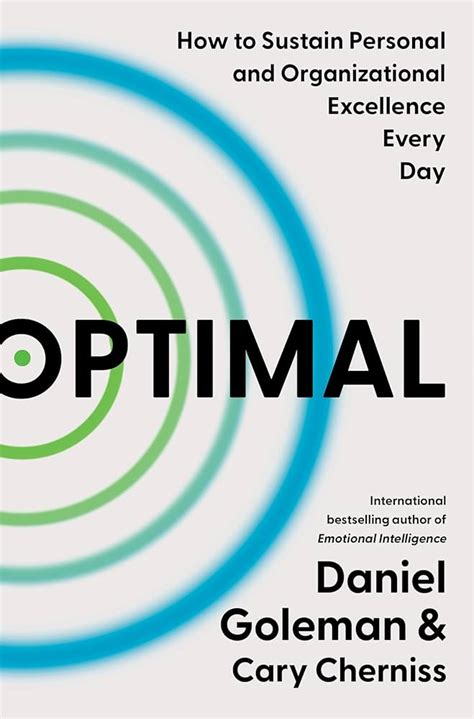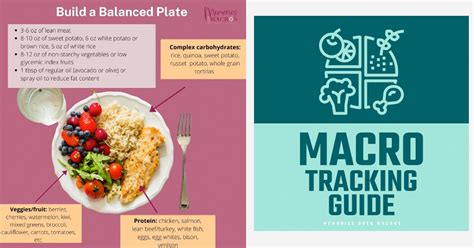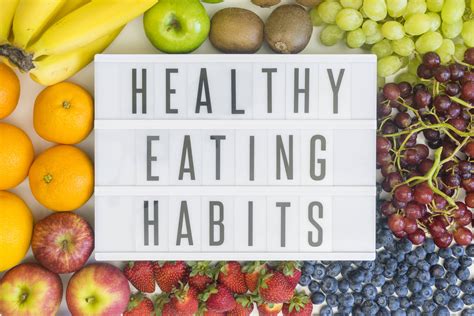Optimal daily nutrition for sustained energy, mental clarity, and peak male performance?

Fueling Excellence: The Foundation of Male Performance
Achieving sustained energy, sharp mental clarity, and peak physical and cognitive performance isn’t just about working harder; it’s fundamentally about nourishing your body and brain correctly. For men, optimizing daily nutrition is a cornerstone for unlocking full potential, supporting everything from cellular function to hormonal balance and cognitive prowess. This isn’t about restrictive diets, but rather a strategic approach to food choices that provides the essential building blocks for a high-performing life.
The Macronutrient Blueprint: Energy and Repair
The three macronutrients—proteins, carbohydrates, and fats—are the foundation of any optimal diet. For sustained energy and performance, the balance is crucial.
Protein: The Muscle and Hormone Builder
Adequate protein intake is paramount for men. It’s essential for muscle repair and growth, hormone production, enzyme synthesis, and satiety. Aim for lean sources like chicken breast, turkey, fish, lean beef, eggs, and plant-based options such as lentils, beans, and tofu. Distributing protein intake throughout the day (e.g., 20-40g per meal) optimizes absorption and muscle protein synthesis.
Complex Carbohydrates: Sustained Energy Release
While often maligned, complex carbohydrates are your body’s preferred energy source, crucial for both physical activity and brain function. Opt for whole grains (oats, quinoa, brown rice, whole-wheat bread), starchy vegetables (sweet potatoes, squash), and fruits. These provide sustained energy, fiber for gut health, and vital micronutrients, preventing energy crashes associated with refined sugars.
Healthy Fats: Brain Health and Hormonal Balance
Don’t fear healthy fats. They are vital for hormone production (including testosterone), nutrient absorption (fat-soluble vitamins A, D, E, K), brain health (omega-3s), and inflammation reduction. Incorporate avocados, nuts, seeds (chia, flax, hemp), olive oil, and fatty fish like salmon and mackerel into your diet.

Micronutrient Powerhouses: The Unsung Heroes
Beyond macros, a spectrum of vitamins and minerals play critical roles in energy metabolism, cognitive function, and overall male health.
B Vitamins: Energy Production
The B-vitamin complex (B1, B2, B3, B5, B6, B7, B9, B12) is indispensable for converting food into energy. Deficiencies can lead to fatigue and poor concentration. Sources include whole grains, lean meats, eggs, leafy greens, and legumes.
Magnesium: Muscle, Nerve, and Sleep Support
Magnesium is involved in over 300 biochemical reactions, including energy production, muscle and nerve function, blood glucose control, and blood pressure regulation. It’s also vital for quality sleep. Spinach, almonds, black beans, avocados, and dark chocolate are excellent sources.
Zinc: Immune Function and Testosterone
Zinc is crucial for immune health, cell growth, and plays a significant role in testosterone production and male fertility. Oysters, red meat, poultry, beans, and nuts are rich in zinc.
Vitamin D: Bone Health and Mood
Often referred to as the “sunshine vitamin,” Vitamin D is essential for bone health, immune function, and has been linked to mood regulation and even testosterone levels. While sunlight is a primary source, fatty fish, fortified dairy, and supplements can help maintain optimal levels.
Omega-3 Fatty Acids: Brain and Heart Health
Found primarily in fatty fish, flaxseeds, and walnuts, Omega-3s (EPA and DHA) are critical for brain structure and function, reducing inflammation, and supporting cardiovascular health, directly impacting mental clarity and mood.

Hydration: The Often-Overlooked Performance Enhancer
Water is life. Even mild dehydration can impair cognitive function, reduce physical performance, and lead to fatigue. Aim for at least 8-10 glasses of water daily, increasing intake with exercise or in warmer climates. Herbal teas and water-rich fruits and vegetables also contribute to hydration.

Strategic Meal Timing and Planning
Beyond what you eat, when you eat can significantly impact energy levels and performance. Starting the day with a balanced breakfast sets the metabolic tone. Eating smaller, balanced meals and snacks every 3-4 hours can help stabilize blood sugar, maintain energy, and prevent overeating. Pre- and post-workout nutrition is also key for recovery and performance.
Sample Day for Optimal Nutrition:
- Breakfast: Oatmeal with berries, nuts, and a scoop of protein powder; or scrambled eggs with spinach and whole-wheat toast.
- Lunch: Large salad with grilled chicken or salmon, mixed greens, avocado, and olive oil vinaigrette; or quinoa bowl with lean protein and roasted vegetables.
- Snack: Greek yogurt with a handful of almonds; apple slices with peanut butter; or a small fruit smoothie.
- Dinner: Baked salmon with sweet potato and steamed broccoli; or lean steak with brown rice and mixed greens.

Lifestyle Synergy: Beyond the Plate
While nutrition is fundamental, it operates in synergy with other lifestyle factors. Adequate sleep (7-9 hours), regular physical activity, and effective stress management techniques (like meditation or hobbies) amplify the benefits of an optimal diet, creating a holistic approach to peak male performance.

Conclusion: Consistency is Key
Optimal daily nutrition for sustained energy, mental clarity, and peak male performance is not a one-time fix but an ongoing commitment. By focusing on a diverse intake of whole, unprocessed foods, balancing macronutrients, prioritizing micronutrients, and staying hydrated, men can build a robust foundation for enduring vitality and excellence in all aspects of life. Make informed choices consistently, listen to your body, and consult with a healthcare professional or registered dietitian for personalized guidance.









